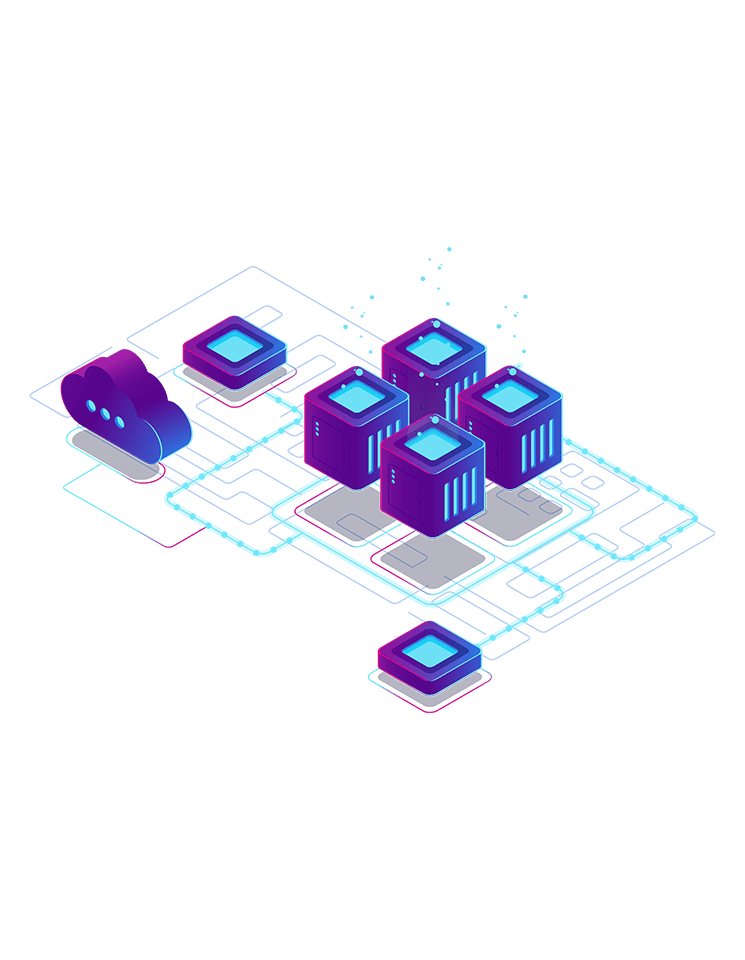BIG DATA: WHAT IS IT?

Big Data: What is it?
Big data refers to huge sets of complex structured and unstructured data that are quickly generated and transmitted from a wide variety of sources. Systems that process and store big data have become a necessary component in big data management architectures in organizations, combined with tools that support the uses of big data analytics. Big data is characterized by the three V:
- Volume: the enormous amount of data stored.
- Velocity: with which most data is generated, collected, and processed.
- Variety: the different sources and forms from which data is collected, such as numbers, text, video, images, audio, and text.
More recently, many other Vs have been added to various descriptions of big data, including veracity, value, and variability. Traditional data tools cannot handle this type of complexity and volume, which has led to a series of software specialized in big data analytics and architectural solutions designed to handle such load.
Big Data: What are they used for?
Big data is a combination of structured, semi-structured, and unstructured data collected by organizations that can be mined for information and used in machine learning projects, predictive models, and other advanced analytics applications.
Companies use big data in their systems to improve operations, provide better customer service, create personalized marketing campaigns, and undertake other actions that can ultimately increase revenues and profits.
Big data is used in almost all industries to identify patterns and trends, answer questions, gain detailed insights into customers, and tackle complex problems. Businesses and organizations use the information for a multitude of reasons, such as growing their businesses, understanding customer decisions, improving research, making forecasts, and targeting key audiences for advertising.
Companies that effectively use a data-driven marketing approach hold a potential competitive advantage over those that do not because they are able to make quicker and more informed business decisions.
Benefits of Big Data
1. More efficient and faster decision-making process
Companies can access a large volume of data and analyze a wide variety of data sources to gain new insights and take action.
2. Optimization and cost reduction
Big data technologies offer significant cost benefits both in terms of storing large amounts of data and the ability to support more efficient business models.
3. New products and services
The availability of systems for customer profiling allows for the customization of the offer, increasing Customer Satisfaction and Customer Experience.
